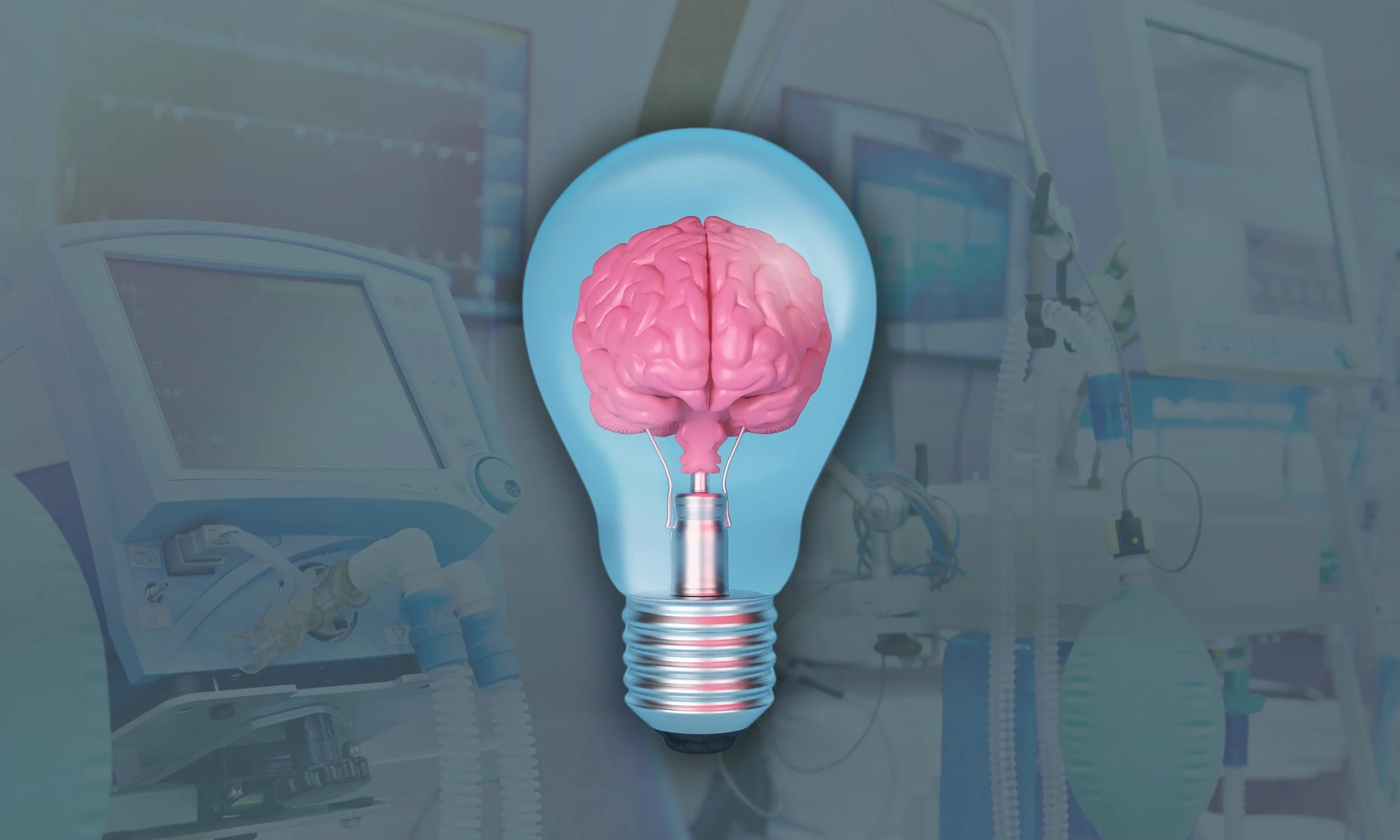Bryan: Our next guest is here to shed some light on a drug we've all heard of but may not know the benefits of it. Welcome from Reset Ketamine, Dr. Samuel Ko. How you doing buddy?
Dr. Ko: I'm doing great, thanks Bryan. It's a pleasure to be here.
Bryan: Of course! Yeah, you know, we love new faces, so welcome to the show. And as far as ketamine, that's safe to say people know about it, they've heard about it, but they might not know what it does. Is that right?
Dr. Ko: Yeah, exactly.
Bryan: So let's jump in with this: What inspired you to start a ketamine infusion clinic?
Dr. Ko: So my background is in emergency medicine, and I would see all of these patients with depression, anxiety, PTSD, but they weren't really feeling better even though they were on medications. So when I learned about ketamine as a rapid tool for these mood disorders, I knew that it was definitely on the radar. And actually was able to give it to a patient in the emergency room, and her symptoms, maybe 10, 20 minutes after we gave her the ketamine infusion rapidly disappeared.
Bryan: That quickly!
Dr. Ko: It was immediate. I was astounded, and that's one of the things I love about emergency medicine is, it's so rapidly effective. I love seeing results, and that's what I noticed with ketamine! It was crazy how fast these patients would improve.
Bryan: And that's what we want, right? We kind of want instant results.
Dr. Ko: Yeah! Exactly. Right.
Bryan: Share the history of ketamine with us.
Dr. Ko: So ketamine was invented in the 1960s, and it was approved by the FDA in 1970. It was actually originally designed as a general anesthetic agent. So, if you're going to the operating room, if you go into the emergency department and you need to get a procedure done that's how it's used.
Bryan: Okay.
Dr. Ko: But, in probably early 2000s more and more studies came out showing that it can be effective in depression, anxiety, PTSD, obsessive-compulsive disorder, and so that's when I jumped on, and I said "Hey, let me research the data and do a deep dive into the evidence behind ketamine."
Bryan: And here you are now. Alright, so how does it work?
Dr. Ko: It's interesting! Ketamine works on a completely different neurotransmitter, so, the most common one that we think about with antidepressants are the serotonin selective reuptake inhibitors. So, ketamine actually works on the glutamate neurotransmitter and there's a receptor in the brain: the n-methyl-d-aspartate receptor (NMDA receptor). Ketamine goes in and blocks this receptor. And one of the downstream effects by blocking this receptor is it increases BDNF, brain-derived neurotrophic factor, which actually allows the brain to generate more neurons and allows for deeper connections between neurons -- the synapses. And so by ... it's almost like healing the brain or restoring the connections between the brain cells itself.
Bryan: Interesting. And that was pretty good as far as laymen's is concerned right? (laughs) Alright, so how does it feel to receive a ketamine infusion?
Dr. Ko: It's really an experiential feeling. So some of my patients will describe feeling very calm, very tranquil; others will describe kind of like a spiritual or...
Bryan: Woah!
Dr. Ko: I know -- or a near-death experience. So patients, depending upon what they're experiencing and what's been going on in their life, you know, a couple days or a week before, they'll have very different experiences. Some describe it as like mystical experiences. And some studies are showing, actually, that the more mystical or spiritual effects that one gets after the ketamine infusion, the more prolonged the effects of the antidepressants are too.
Bryan: Wow, endless benefits, my goodness. Okay so, who shouldn't get ketamine infusions?
Dr. Ko: So, ketamine is a great drug, but there are some patients -- like if they have schizophrenia, if they have uncontrolled hypertension, if they have a history of coronary artery disease, kidney failure, liver failure -- these are some of the patients who should not receive ketamine.
Bryan: Got it. Alright, last question for you: As far as insurance -- does insurance cover these infusions?
Dr. Ko: So ketamine is being used off-label, meaning that it's being used for a different intent than originally designed for, and unfortunately, insurance companies do not cover it at this time.
Bryan: Mhm, got it. Check out this hat, how cool is this logo right here? It's a reset button with some wings. Pretty cool. Alright everybody, take advantage of this generous offer of $100 for first-time patients, just make sure to mention Desert Living, and all that info you need is right there on your screen. A big thanks to Dr. Ko and big thanks to you. We'll see you in just a moment.











Learn how ketamine therapy affects PTSD, when it may worsen symptoms, and how alternatives like the stellate ganglion block can offer relief.